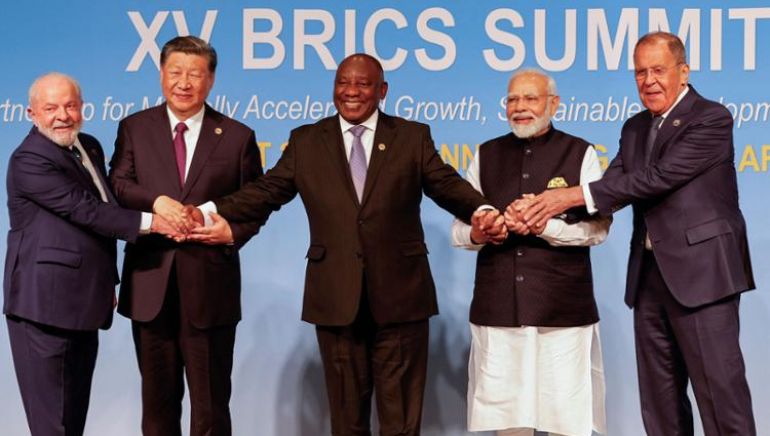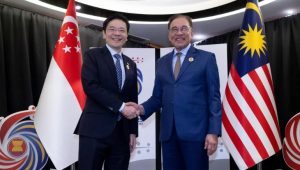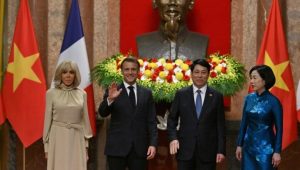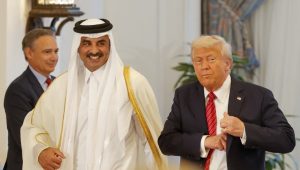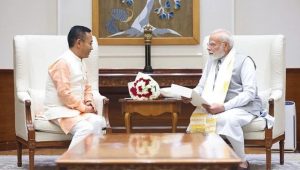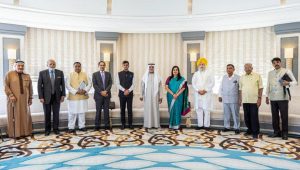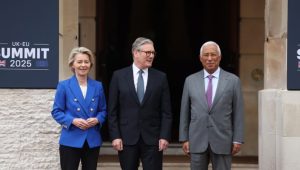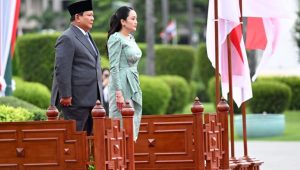In a significant development reshaping global economic alliances, Saudi Arabia has officially joined the BRICS bloc, comprising Brazil, Russia, India, China, and South Africa. This strategic move marks a pivotal shift in the international order, as Saudi Arabia becomes the first Middle Eastern country to join this influential group.
The inclusion of Saudi Arabia into BRICS represents a strategic expansion of the bloc, which is increasingly seen as an alternative to the Western-dominated global economic system. With Saudi Arabia’s membership, BRICS diversifies its geopolitical and economic reach, incorporating a key player from the oil-rich Middle East.
Saudi Arabia’s accession into BRICS is a clear indication of its strategic pivot towards emerging global powers, especially at a time when the Kingdom is diversifying its economy beyond oil under its Vision 2030 program. Joining BRICS aligns with Saudi Arabia’s objectives to strengthen economic ties with some of the world’s fastest-growing economies and to play a more significant role in global economic governance.
The inclusion of Saudi Arabia also brings substantial economic benefits to the BRICS bloc. The Kingdom’s vast oil reserves and its pivotal role in global energy markets add a new dimension to the bloc’s economic capabilities. Additionally, Saudi Arabia’s growing investments in technology, renewable energy, and infrastructure align with the development objectives of the BRICS nations.
This expansion of the BRICS bloc is also indicative of the shifting global power dynamics, with emerging economies gaining more influence on the world stage. Saudi Arabia’s membership may encourage other nations to consider aligning with BRICS, further challenging the traditional global economic order.
For BRICS, Saudi Arabia’s membership enhances the bloc’s collective bargaining power in international forums, offering a more diverse and unified front on issues such as trade, investment, and sustainable development. This could lead to a more multipolar world order where emerging economies have a greater say.





